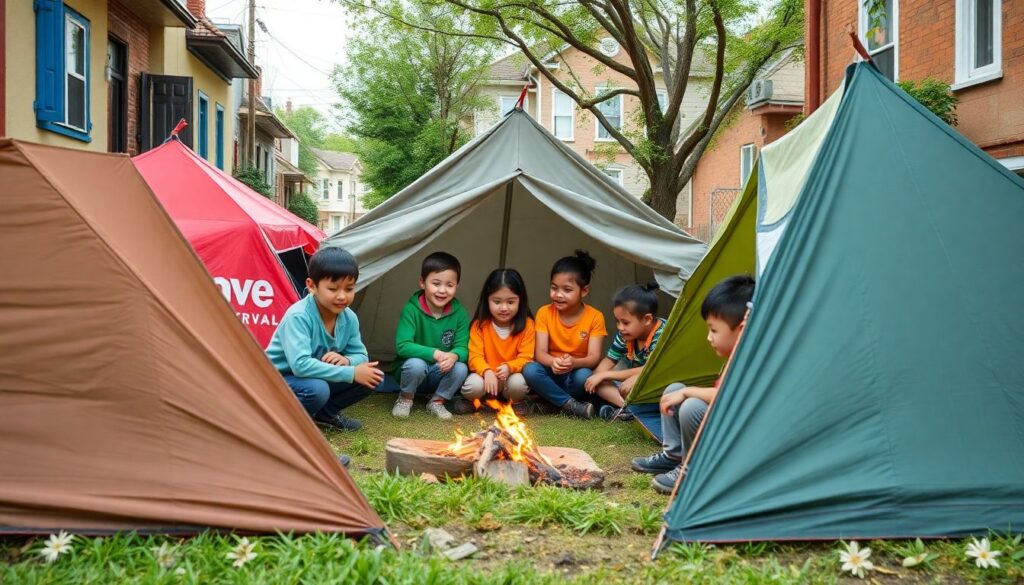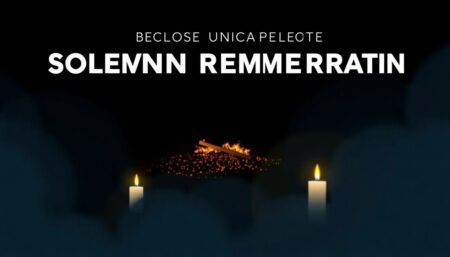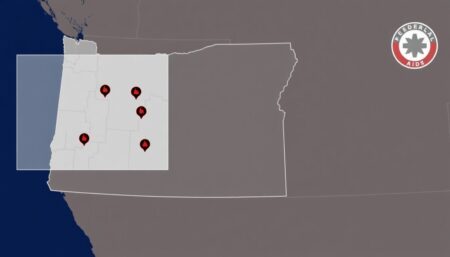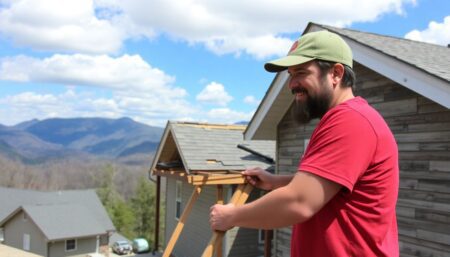Welcome to the vibrant streets of Highland Park, where an extraordinary initiative is transforming the lives of local youth. Picture this: tents pitched under the starlit sky, the aroma of campfire cooking wafting through the air, and the sound of laughter echoing through the neighborhood. This isn’t your typical summer camp; it’s Hood Camp, a unique urban survival experience designed to empower and educate the youth of today.
Discover how Hood Camp is making a difference in the lives of Highland Park’s youth.
In the heart of an urban neighborhood, a kaleidoscope of children, diverse in age, ethnicity, and background, are scattered across a lush green space, their laughter echoing off the surrounding buildings. They are engrossed in a flurry of activity, setting up an array of tents that span the gamut from simple canvas structures to ingenious DIY shelters crafted from recycled materials. The atmosphere is electric, a vibrant blend of enthusiasm and determination, as small hands tug at ropes and pound stakes into the ground. Older children guide younger ones, demonstrating knots and sharing tips, creating a sense of camaraderie and community.
Meanwhile, in another corner, a group huddles around an expert from the local wildlife center, learning survival skills tailored to the urban environment. They practice identifying edible plants sprouting from sidewalk cracks, discuss the importance of staying hydrated, and learn how to navigate using only the position of the sun and notable landmarks. The children’s eyes are wide with curiosity and excitement, their minds sponges absorbing every drop of knowledge. The scene is a harmonious blend of play and education, underscoring the importance of preparedness and community in an engaging, inclusive atmosphere.
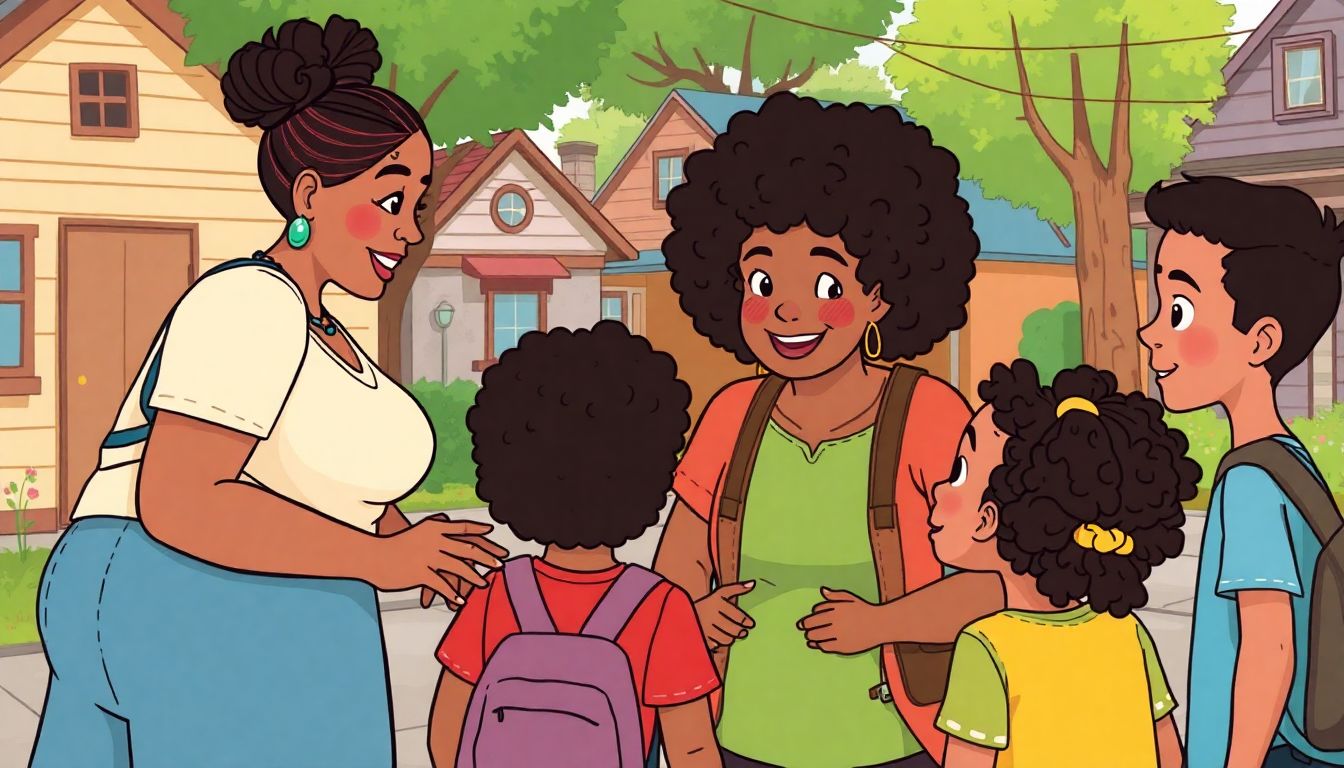
The Birth of Hood Camp
Mama Shu, born and raised in Highland Park, Michigan, always had a childhood dream to create a safe and nurturing space for the youth of her community. Her vision was to establish a haven where children could learn, grow, and thrive, away from the challenges and negativity that often surrounded them. This inspiration was fueled by her personal experiences and her deep-rooted love for her neighborhood, which had faced decades of disinvestment and decline.
The seed for Hood Camp was planted when Mama Shu noticed a pressing need for positive outlets for the youth in Highland Park. She observed that there were limited recreational and educational opportunities for young people, which often led them down paths of delinquency and despair. Mama Shu believed that by providing a structured, supportive environment, she could help the youth channel their energies into productive activities. Her vision was not just about creating a physical space, but also about fostering a sense of community and belonging.
Turning her childhood dream into a reality required significant effort and community support. Mama Shu started with small, grassroots initiatives, such as organizing neighborhood clean-ups and hosting community gatherings. These efforts not only improved the physical environment but also brought residents together, fostering a sense of collective responsibility. Over time, her persistence and dedication attracted volunteers, donations, and partnerships, enabling her to officially launch Hood Camp. The camp now offers a range of programs, including:
- Academic tutoring and mentorship
- Arts and cultural activities
- Sports and recreational facilities
- Life skills workshops
While Mama Shu’s journey has been inspiring, it has not been without challenges. Some of the obstacles faced include:
- Limited funding and resources
- Initial skepticism from some community members
- The ongoing struggle against systemic issues affecting Highland Park
Despite these hurdles, Hood Camp stands as a testament to Mama Shu’s unwavering commitment and the power of community collaboration.
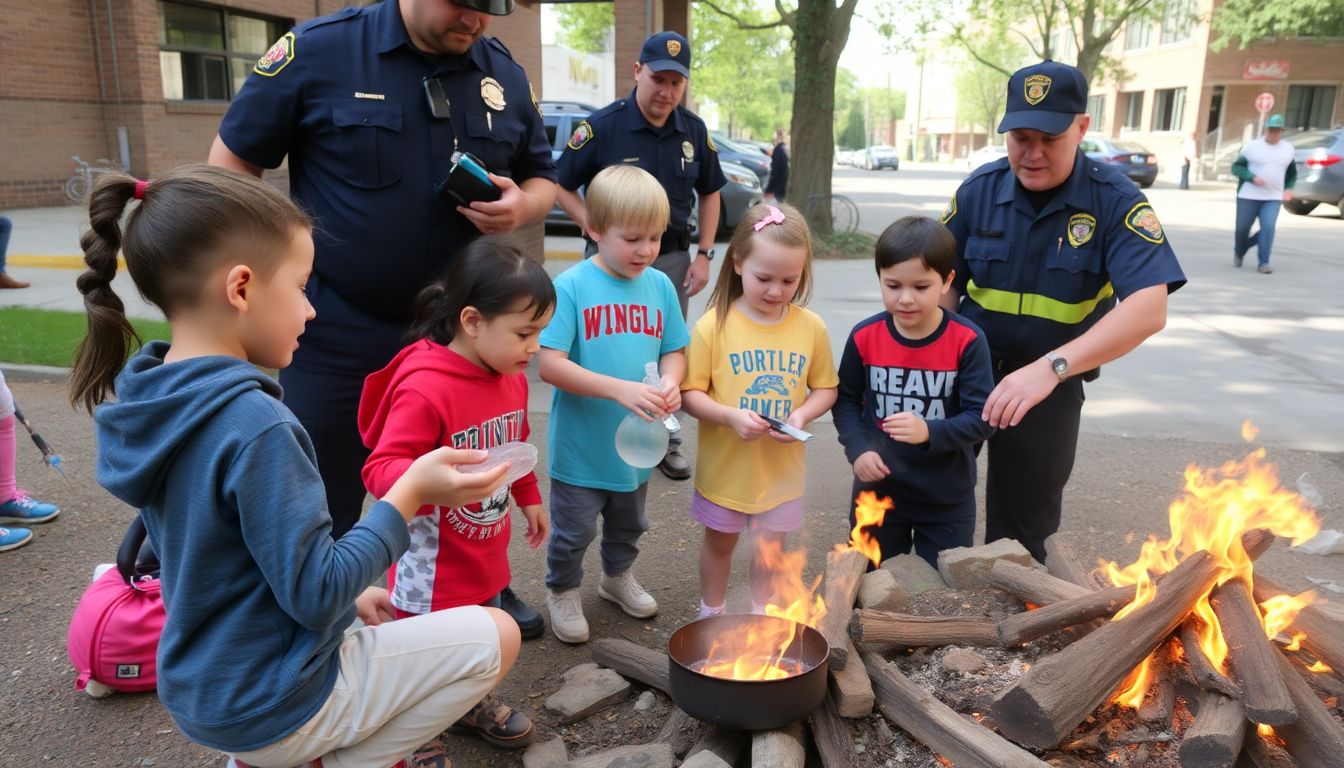
What Happens at Hood Camp
Hood Camp, a comprehensive community initiative, offers a diverse range of activities and skills designed to empower individuals and foster resilience. At its core, the camp focuses on emergency preparedness, equipping participants with the knowledge and tools necessary to navigate various crisis situations. This includes:
- Basic first aid and CPR training, ensuring that participants can respond effectively to medical emergencies.
- Disaster response simulations, which help individuals understand and practice protocols for different types of disasters, such as earthquakes, floods, and fires.
- Emergency kit assembly, teaching participants how to compile essential supplies that can sustain them during emergencies.
These activities are led by certified instructors who provide hands-on training and real-world scenarios, ensuring that participants are well-prepared to handle unexpected events.
Beyond emergency preparedness, Hood Camp also emphasizes sustainable living and self-sufficiency through various workshops and classes. One of the standout features is the gardening program, which teaches participants:
- Basic horticulture skills, including planting, cultivating, and harvesting techniques.
- Composting and soil management, promoting eco-friendly practices.
- Urban gardening strategies, tailored for those with limited space.
This program not only encourages self-sufficiency but also promotes environmental awareness and sustainable practices. Additionally, workshops on food preservation and canning further enhance participants’ ability to manage and store their harvests effectively.
Community safety is another critical component of Hood Camp’s curriculum. The camp offers workshops on neighborhood watch programs and community policing, fostering a sense of collective responsibility and vigilance. Participants learn how to:
- Organize and implement neighborhood watch groups, enhancing community security.
- Collaborate with local law enforcement, building trust and cooperation.
- Identify and report suspicious activities, contributing to a safer environment.
While the camp’s focus on community safety is commendable, it is important to note that the effectiveness of these programs can vary depending on the level of community engagement and the resources available. Some participants may find the initial setup challenging, but with persistent effort and community support, these initiatives can yield significant benefits. Overall, Hood Camp’s holistic approach to emergency preparedness, sustainable living, and community safety makes it a valuable resource for individuals seeking to enhance their skills and contribute to their communities.
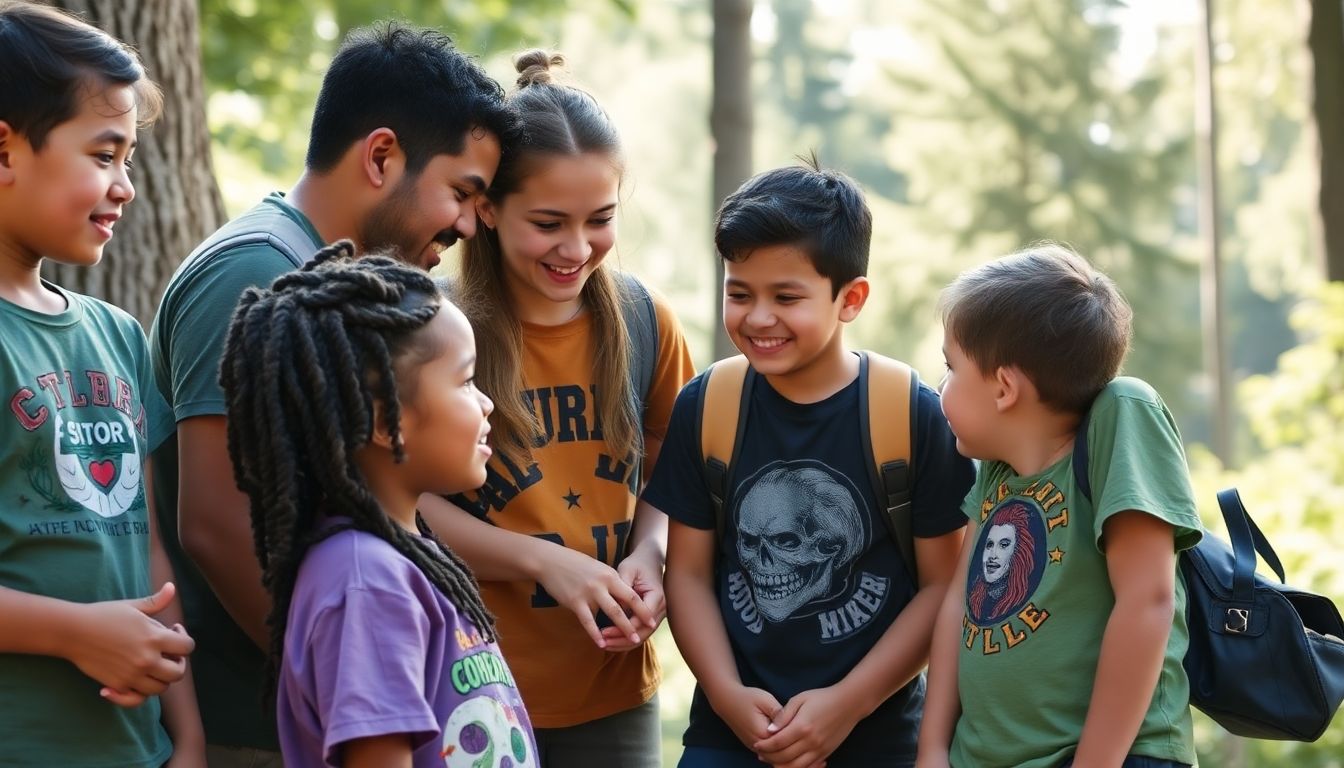
The Impact of Hood Camp
Hood Camp, a community initiative designed to engage and empower young people, has consistently received glowing feedback from participants, parents, and local residents alike. The camp, which focuses on developing life skills, fostering creativity, and encouraging physical activity, has been praised for its holistic approach to youth development. Children who have attended Hood Camp have shown remarkable improvements in self-confidence, social skills, and academic performance. The camp’s emphasis on teamwork and community service has also instilled a sense of civic responsibility in many of its participants.
The long-term effects of Hood Camp on the community have been equally impressive. Over the years, the camp has contributed to a significant reduction in youth crime and antisocial behavior in the neighborhood. Moreover, it has fostered a sense of community cohesion, bridging gaps between different age groups and backgrounds. The camp’s alumni often cite their experiences as fundamental to their personal growth and success. Some of the most heartwarming stories are of former campers who, after benefiting from the program, return as volunteers to inspire and guide the next generation. This cycle of giving back has created a sustainable model that continues to enrich the community year after year.
However, it is essential to present a balanced perspective. While Hood Camp has undeniably brought about positive changes, it also faces several challenges. These include:
- Funding constraints: The camp relies heavily on grants and donations, which can be uncertain and fluctuate yearly.
- Volunteer retention: While many former campers return to volunteer, maintaining a consistent volunteer base can be challenging due to personal commitments and career demands.
- Limited resources: The camp could benefit from more resources, such as updated equipment and additional staff, to enhance the overall experience for the children.
Despite these challenges, Hood Camp’s positive impact on the children and the community is undeniable. With continued support and strategic planning, the camp can overcome these obstacles and continue to be a beacon of hope and growth for the neighborhood.
FAQ
What is the cost of attending Hood Camp?
What skills do children learn at Hood Camp?
- Emergency preparedness
- Cooking outside
- Gardening and water purification
- Identifying medicinal plants
- Fire and gun safety
- Community safety



